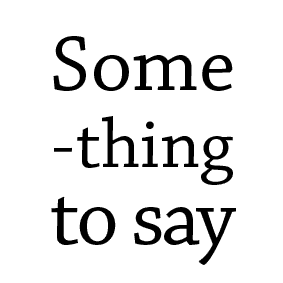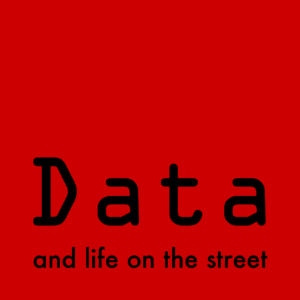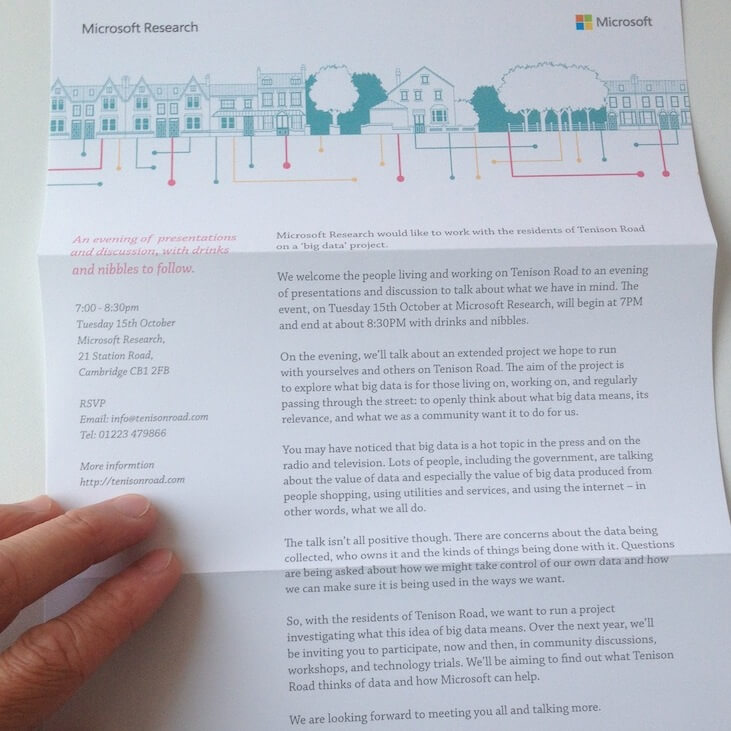
Some early thoughts on data and privacy, thinking with Solove’s Nothing to Hide:
Early on in his 2011 book, Nothing to Hide, Daniel Solove makes a provocative claim. He writes:
“Legal and policy solutions focus too much on the problems under the Orwellian metaphor—those of surveillance—and aren’t adequately addressing the Kafkaesque problems—those of information processing” p.26
Solove’s point here is that much of the legal wranglings and policy making surrounding privacy are based on the premise that people have something to hide. Thus the aims have, by and large, been tied to securing protections against surveillance—operating within the rubric of an “Orwellian metaphor”.
The broader argument Solove makes is that this treatment of privacy is missing the proverbial trick. As a concept, privacy doesn’t simply entail people wanting to hide things. For starters, according to Solove, “[m]any people don’t care about concealing the hotels they stay at, the cars they own, or the kind of beverages they drink.” p.25 “[M]uch of the data gathered in computer databases isn’t particularly sensitive, such as one’s race, birth date, gender, address, or marital status.” P.25
It isn’t so much the gathering of information that matters, Solove contends. It’s what agencies like governments are doing with it—the “information processing”—that counts. The allusion is to a Kafkaesque world in which the relations between agencies and individuals are managed and controlled through the analysis of information or data. The power, so to speak, is held by those who can both access the data and subject it to sophisticated analysis. I take this use of information processing to be analogous to big data analytics and certainly most of the examples Solve refers to support this.
I don’t know what Solove’s sources are for suggesting “most people” don’t care about the content of the information being gathered about them (this recent Guardian article appears to confirm this). I do get his broader point though. Certainly, it’s limiting to see privacy as exclusively based on the premise that people have something to hide. Moreover, the possibilities big data analytics open up for discovering some pretty personal things about people do seem daunting, if perhaps over-hyped.
Yet, without wanting to discount Solove’s argument, I want to propose a different way of thinking about this issue of information processing. Seen from the ground up, we might also start to ask what people themselves want to say through their data and using analytics. When Solove writes about “most people” I think we need to begin thinking about what this actual means and if there are ways of making claims like this actionable. So, a counter to the “nothing to hide argument” could be that most people—given the knowledge and tools—have “something to say”. That is they may want to have some say over how their information is distributed, aggregated, analysed and interpreted and, ultimately, how it is productively put to work. This certainly won’t solve the multiple problems surrounding privacy, but it may at least redistribute the power and, in the process, give people some new ways of expressing themselves.
Oh, and as it happens, this question of how to enable people to have some sort of say and control over what gets done with their information is one of the motivations for the new project we’re ramping up in my group at Microsoft Research.
* A thank you to Jessa Lingel for pointing me to the first quote above from Solove.



